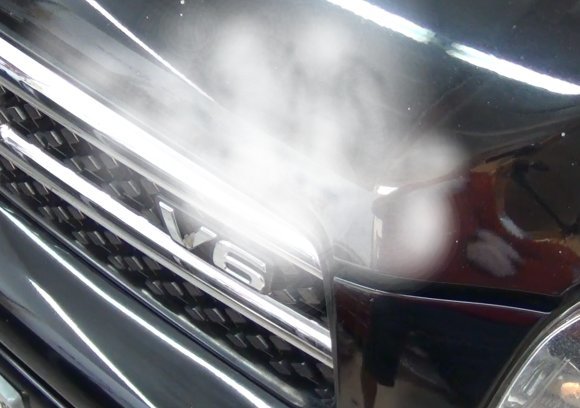Last year I changed the water pump, few months back I changed the coolant and I got stuck on the road cause one of the water hoses was leaking (they said the mechanic put a too strong of a coolant). That was changed and new coolant put in but few weeks after that I noticed I am loosing the coolant and could see any obvious spots where. I went to the mechanic he said it could be a broken head gasket. I consulted few other mechanics which said it might not be a problem. Country is very unstable here and it is hard to trust people, especially mechanics, plus there is no official Chrysler garage. I continued driving and drove with no problems next 4500 miles until this happened and was driving long distance on hotter days that described here. What could it be? Could it be a head gasket or something else. If it is a head gasket how can you check that? Would the can loos on power then cause mine isnt.
TX.
Sunday, August 2nd, 2009 AT 3:34 AM


